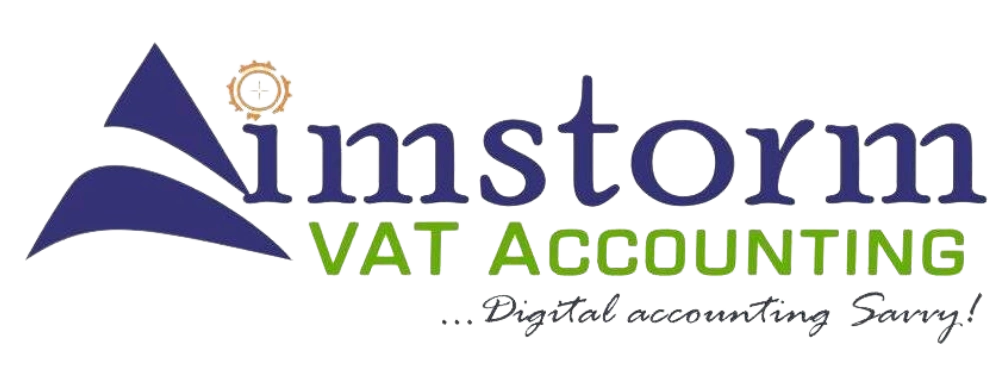Introduction
The Value Added Tax (VAT) system in the UAE has significantly transformed business operations. Understanding VAT accounting is crucial for businesses to ensure compliance, avoid penalties, and maximize efficiency. This article provides a comprehensive guide to VAT accounting with essential insights and actionable steps.
1. Understanding VAT in the UAE
VAT was introduced in the UAE on January 1, 2018, at a standard rate of 5% on taxable goods and services. The Federal Tax Authority (FTA) regulates VAT compliance, ensuring that businesses adhere to the law.
- VAT applies to most goods and services.
- Certain sectors, like healthcare and education, may be exempt or zero-rated.
- Businesses must register for VAT if their taxable supplies exceed AED 375,000 annually.
2. Importance of VAT Accounting
Accurate VAT accounting is crucial for businesses to remain compliant and optimize cash flow. It involves recording transactions correctly, filing returns on time, and maintaining accurate documentation.
- Ensures proper tax collection and remittance.
- Helps businesses avoid fines and penalties.
- Enhances financial transparency and regulatory compliance.
3. Key Elements of VAT Accounting
VAT accounting involves multiple elements, each requiring precise documentation and reporting:
a) VAT Invoicing and Documentation
- Every taxable transaction must have a VAT-compliant invoice.
- Invoices should include TRN (Tax Registration Number), VAT amount, and total payable.
- Maintain organized records for at least 5 years.
b) Input and Output VAT
- Input VAT: The VAT paid on purchases that businesses can reclaim.
- Output VAT: The VAT collected from customers and paid to the FTA.
- The difference between input and output VAT determines the amount payable or refundable.
c) VAT Filing and Returns
- Businesses must file VAT returns quarterly (or monthly for large entities).
- Filing is done through the FTA’s e-portal.
- Late or incorrect filings may result in hefty penalties.
4. VAT Compliance and Best Practices
To ensure smooth VAT operations, businesses should follow these best practices:
✔ Timely VAT Registration: Register before crossing the mandatory threshold.
✔ Accurate Bookkeeping: Use accounting software for real-time tracking.
✔ Regular Reconciliation: Compare VAT records with financial statements.
✔ Stay Updated with FTA Guidelines: Regulations evolve, and businesses must stay compliant.
✔ Seek Professional Assistance: Consulting a VAT expert ensures accuracy and compliance.
5. Common VAT Challenges and Solutions
Many businesses struggle with VAT compliance due to the complexity of regulations. Here are some challenges and how to overcome them:
- Incorrect VAT Calculation → Use automated accounting software to eliminate errors.
- Late VAT Filing → Set reminders and alerts for deadlines.
- Claiming Incorrect VAT Refunds → Conduct internal audits regularly.
- Unorganized Record Keeping → Maintain digital records for easy access and compliance.
6. The Role of VAT Accounting in Business Growth
Proper VAT accounting not only ensures legal compliance but also helps businesses:
- Improve financial planning and forecasting.
- Optimize cash flow management.
- Reduce the risk of tax liabilities.
- Enhance credibility with stakeholders and investors.
Conclusion
Mastering consultancy firms in Dubai is essential for every business. By implementing best practices, leveraging technology, and ensuring compliance with FTA regulations, businesses can streamline tax management and focus on growth. Investing in expert VAT accounting services can provide long-term benefits and peace of mind.
Stay compliant, stay profitable!

